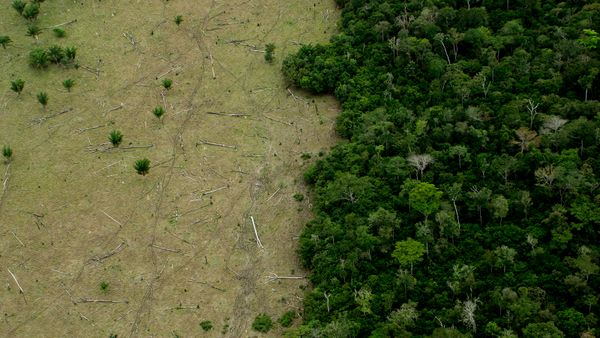In the early 1950s, there were an estimated 50 million cases of smallpox worldwide. The disease killed about 30 percent of the people it infected and left millions of others scarred or blind. The last known case of smallpox was recorded in 1979, and the disease is now considered extinct [source: World Health Organization]. Most people would probably agree that the extinction of smallpox is a good thing.
But when most folks think about extinction, they aren't thinking about diseases. Instead, they're picturing dinosaurs, mastodons, passenger pigeons or any of the thousands of organisms that are currently facing extinction. Could any of these extinctions be positive, too?
Advertisement
In some ways, yes. An estimated 99 percent of the species that have ever lived on Earth are now extinct, and many died out as part of five different mass extinctions [source: Gray and Ensor]. New species evolved to fill the space left by extinct species and increased the biodiversity of our planet. In fact, humans — along with a host of other mammals — wouldn't be here at all if dinosaurs hadn't gone extinct.
The same scientists who see the benefits of extinction recognize that the current rate of extinction may not be so positive. They estimate that we're now losing dozens of species every day, a rate 1,000 to 10,000 times the normal one to five species per year [source: Center for Biological Diversity]. In fact, many experts believe we're in the midst of the sixth mass extinction and that it is our fault. While the mass extinctions of eons past were likely caused by volcanoes, asteroids or other natural catastrophes, extinctions today are almost completely driven by human behavior, such as habitat destruction, introduction of invasive species and global warming. The latest mass extinction could affect not only our planet but also our civilization. And no one knows what, if any, good can come of that.
Advertisement

